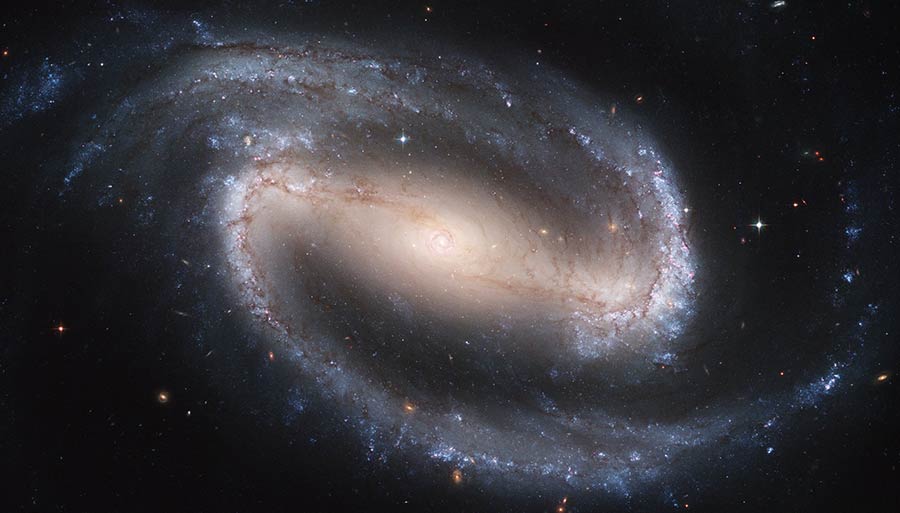Understanding the stages a herpes outbreak goes through
The herpes simplex virus typically has an incubation period that ranges from two to twelve days. The onset of an outbreak is noticed by the patient experiencing tingling, itching and the increase of heat in the area. This is followed by formation of small clusters of genital sores consisting of inflamed papules and vesicles (fluid-containing, epidermal elevation), blisters.
PICTURES OF A HERPES SIMPLEX OUTBREAK CYCLE
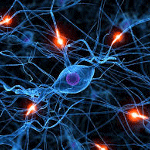
Prodrome
Tingling and itching prior to visual outbreak; warning symptoms that general last less than 6 hrs.
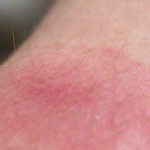
Inflammation
Swelling and redness at the location of and around the outbreak; indication that the virus and antibodies have arrived at skin membrane.

Vesicular
Blisters that appear within 1-2 days after prodromal symptoms, generally from one or several vesicles.
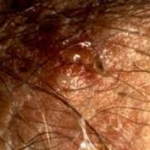
Ulceration
Actual sores that form within 3 days after prodromal symptoms, often accompanied by pain; blisters can leak fluid and are highly infectious.
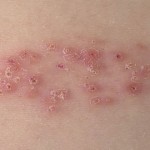
Crusting
Sores dry to form scabs within 4 days, this indicates the beginning of the healing; virus diminishes and wounds heal within 2-3 days.
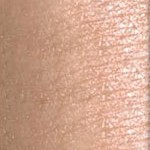
Healing Recovery
Complete within 8-10 days bringing new skin formation; viral action of replication is complete. Virus retreats internally to the host ganglia where it remains dormant, suppressed by the host’s immune system.
HSV has the ability to remain hidden and dormant in the nerve endings and ganglia (clusters of nerve cells). The recurrence of outbreaks, depends on many factors, but your immune systems health and capability is key.
Many things are known to trigger a recurrence and bring on herpes symptoms.
Anything that burdens your immune system will increase the chances of an outbreak occurring. such as fever, systemic infections, emotional stress, physical trauma, sunburn (ultraviolet light), windburn and chaffing of the lips.
If you have an immune system that is healthy and supported by the essential nutrients it requires then the chances of the virus emerging and you having another outbreak will be greatly reduced. Nutrients like Immune Boosting Herbs, and lysine and vitamin C.
You can also make changes to your diet and lifestyle that will reduce the chance of an outbreak even further. Read how diet & lifestyle changes help reduce herpes outbreaks.

